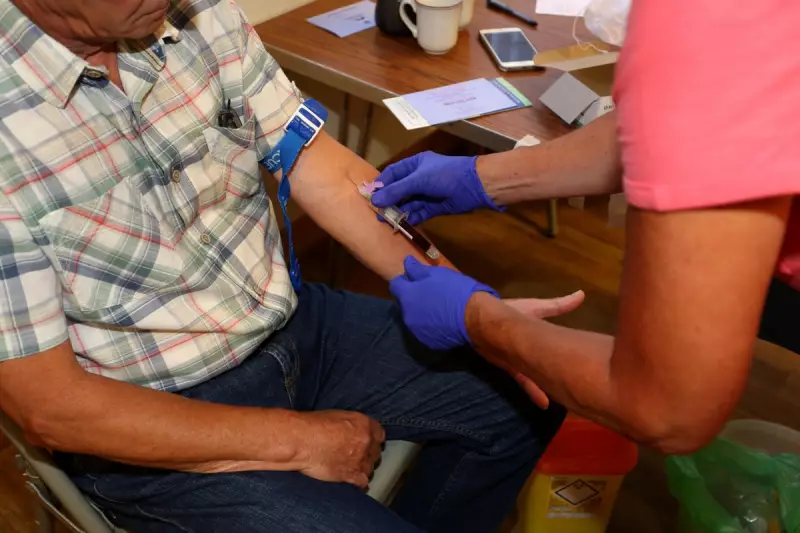
Men across the UK are being urged to consider genetic testing for a faulty gene that could dramatically increase their risk of developing aggressive prostate cancer, according to groundbreaking new research.
The Hidden Genetic Danger
A comprehensive study from The Institute of Cancer Research, London has revealed that men carrying faults in the BRCA2 gene face significantly higher risks than previously understood. The research suggests these individuals may develop prostate cancer up to two decades earlier than average and face more dangerous, fast-spreading forms of the disease.
What the Research Reveals
The study, published in the journal European Urology, analysed data from 902 men with advanced prostate cancer. The findings were startling:
- Men with BRCA2 faults typically developed cancer between ages 61-65
- Their cancers were more likely to spread to other organs
- They faced higher risks of the disease becoming life-threatening
Professor Ros Eeles, Professor of Oncogenetics at The Institute of Cancer Research, emphasised the urgency: "Our research shows that men with faults in the BRCA2 gene have a much higher risk of developing aggressive, life-threatening prostate cancer."
A Call for Screening Changes
Current NHS guidelines recommend regular PSA blood tests for all men over 50, but experts argue this approach needs refinement. The research team suggests that men with known BRCA2 faults should begin screening earlier and more frequently.
Professor Kristian Helin, Chief Executive of The Institute of Cancer Research, stated: "This study highlights the importance of understanding the genetic factors that can increase a man's risk of prostate cancer."
What This Means for British Men
For men with a family history of breast, ovarian, or prostate cancer, genetic testing could provide life-saving information. Those who discover they carry the BRCA2 fault can opt for enhanced monitoring and early intervention if needed.
The research represents a significant step toward personalised prostate cancer screening, potentially saving thousands of lives through targeted prevention strategies.





